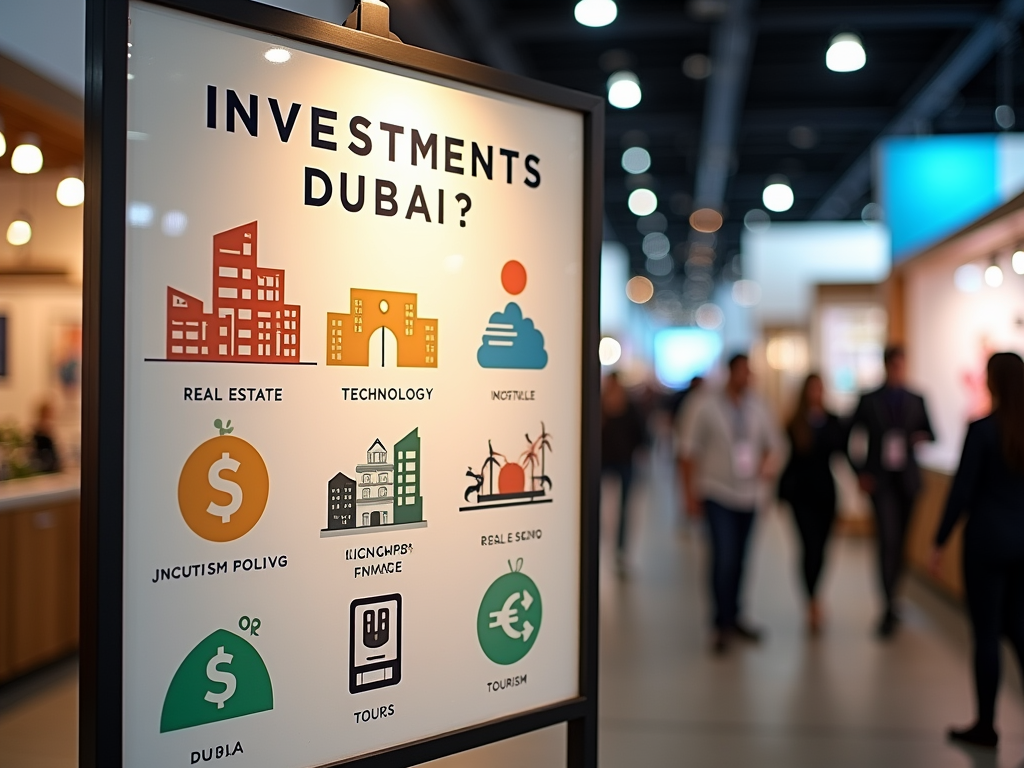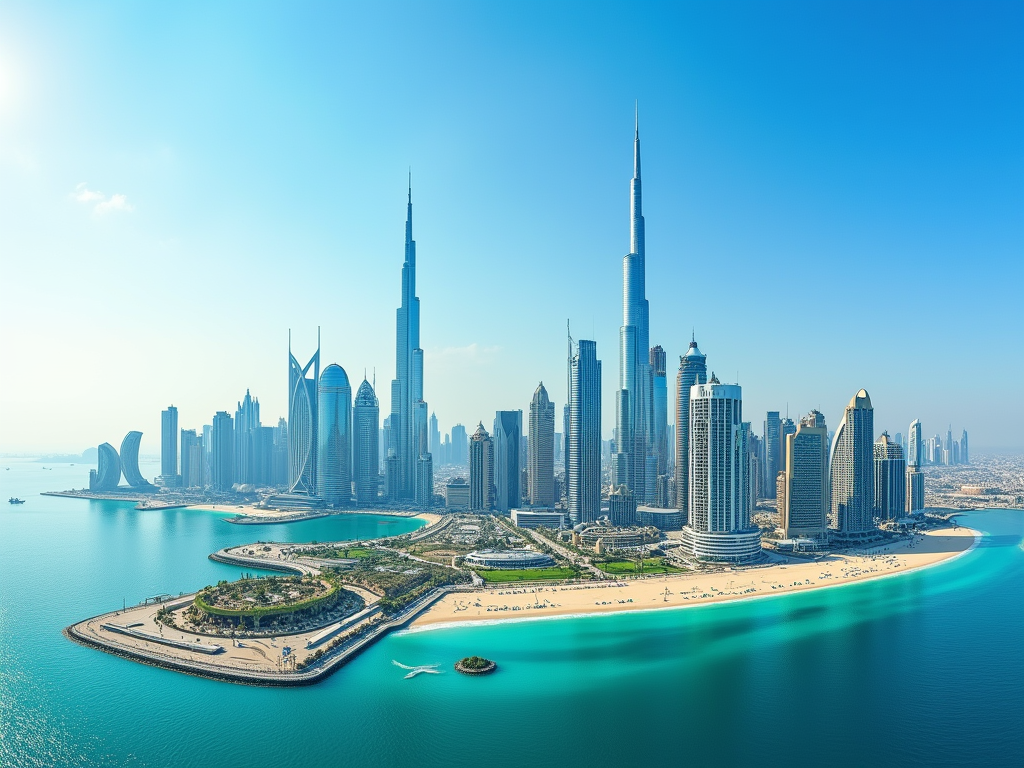Dubai has swiftly positioned itself as a key player in shaping global wealth and investment trends, transforming from a small trading hub into a leading destination for international investors. With its strategic geographical location, business-friendly policies, and advanced infrastructure, Dubai has become a magnet for entrepreneurs and corporations looking to expand their global footprint. The city’s commitment to economic diversification and financial innovation has played a crucial role in attracting foreign capital and fostering new business opportunities.
For those looking to establish a business in Dubai, obtaining a DED trade license is a fundamental step. Issued by the Department of Economic Development, this license grants businesses legal authorization to operate within Dubai’s thriving economy, offering direct access to the local market and facilitating seamless trade operations.
The Economic Landscape of Dubai

Dubai’s economic landscape is characterized by a robust and diversified economy that extends beyond oil revenues. Traditionally reliant on oil, the emirate has successfully shifted its focus towards tourism, real estate, aviation, and financial services, contributing to its resilience during global economic fluctuations. This diversification attracts international investors seeking sustainable opportunities. Furthermore, the city’s commitment to innovation and technology fosters an ecosystem ripe for start-ups and entrepreneurs. The existence of Free Zones has been a significant catalyst for attracting foreign direct investments (FDIs). Below are some key aspects of Dubai’s economic landscape:
- Diverse Sectors: Beyond oil and gas, Dubai focuses on sectors like tourism, trade, logistics, and real estate.
- Investment-Friendly Policies: Regulations favoring international businesses and investors facilitate seamless market entry.
- Strategic Location: Positioned at the crossroads of Europe, Asia, and Africa, Dubai serves as a central trading hub.
- A Thriving Tourism Industry: Dubai attracts millions of visitors yearly, boosting revenue streams in various sectors.
- Advanced Infrastructure: A world-class transportation and telecommunication network supports business operations.
Dubai employs a multitude of strategies to draw global investors into its flourishing economy. The emirate’s numerous initiatives promote a favorable investment climate characterized by transparency and efficiency. A vital component of this environment is the establishment of the Dubai International Financial Centre (DIFC), which operates under an independent judicial system and international legal standards. Additionally, informative platforms like the Dubai Investment Development Agency (Dubai FDI) offer resources and support to potential investors. The following elements play a significant role in attracting foreign investments:
- Tax Incentives: Low tax rates, including zero income tax in many sectors, significantly appeal to investors.
- Business-Friendly Regulations: Streamlined processes for company registration and licensing reduce bureaucratic hurdles.
- Real Estate Investment Opportunities: Strong demand for residential and commercial properties offers attractive yields.
- Innovative Start-up Ecosystem: Initiatives supporting tech businesses foster investment in high-growth sectors.
- Global Networking Events: Trade shows and investment forums provide platforms for collaboration and deal-making.
Challenges and Considerations for Investors

Despite its many advantages, investing in Dubai is not without challenges. Understanding these hurdles is crucial for potential investors aiming for success. One of the primary challenges is the real estate market’s high competition, which can drive prices up and make entry difficult for new investors. Additionally, fluctuating global oil prices can impact the economy, and potential investors should stay informed about such external factors. Regulatory changes can also pose risks, necessitating thorough market research before committing significant capital. Investors should consider the following challenges:
- Market Saturation: Particularly in the real estate sector, supply can outstrip demand leading to lower returns.
- Economic Dependencies: Economic fluctuations related to oil prices can influence overall economic health.
- Regulatory Changes: Changes in laws or regulations may impact previously favorable conditions.
- Cultural Differences: Understanding local customs and business practices is essential for successful interactions.
- High Operational Costs: Businesses may face high costs concerning labor and compliance, affecting profitability.
Conclusion
Dubai’s robust economy, diverse sectors, and investor-friendly landscape make it a significant player in global wealth and investment trends. Its strategic initiatives foster an environment conducive to attracting international investment while promoting innovation and sustainability. However, potential investors should remain mindful of the inherent challenges and market dynamics. By leveraging Dubai’s advantages while being equipped with the right knowledge, investors can position themselves for long-term success in this thriving metropolis. As Dubai continues to grow, its role in global wealth will undoubtedly expand, further solidifying its status on the world stage.
Frequently Asked Questions
1. What sectors are most lucrative for investment in Dubai?
Dubai offers lucrative opportunities mainly in real estate, tourism, finance, logistics, and technology sectors.
2. Are there any taxes on foreign investments in Dubai?
No, Dubai has no personal income tax and offers various tax incentives, particularly in Free Zones, making it attractive for foreign investors.
3. How can foreign investors establish a business in Dubai?
Foreign investors can establish a business in Dubai by choosing the appropriate legal structure, obtaining necessary licenses from relevant authorities, and complying with local laws and regulations.
4. What are the primary risks associated with investing in Dubai?
The main risks include market saturation, economic fluctuations due to oil dependency, regulatory changes, and understanding local cultural dynamics.
5. How does Dubai’s geographical location benefit investors?
Dubai’s strategic location makes it a gateway to major markets in Europe, Asia, and Africa, facilitating international trade and business networking opportunities.
